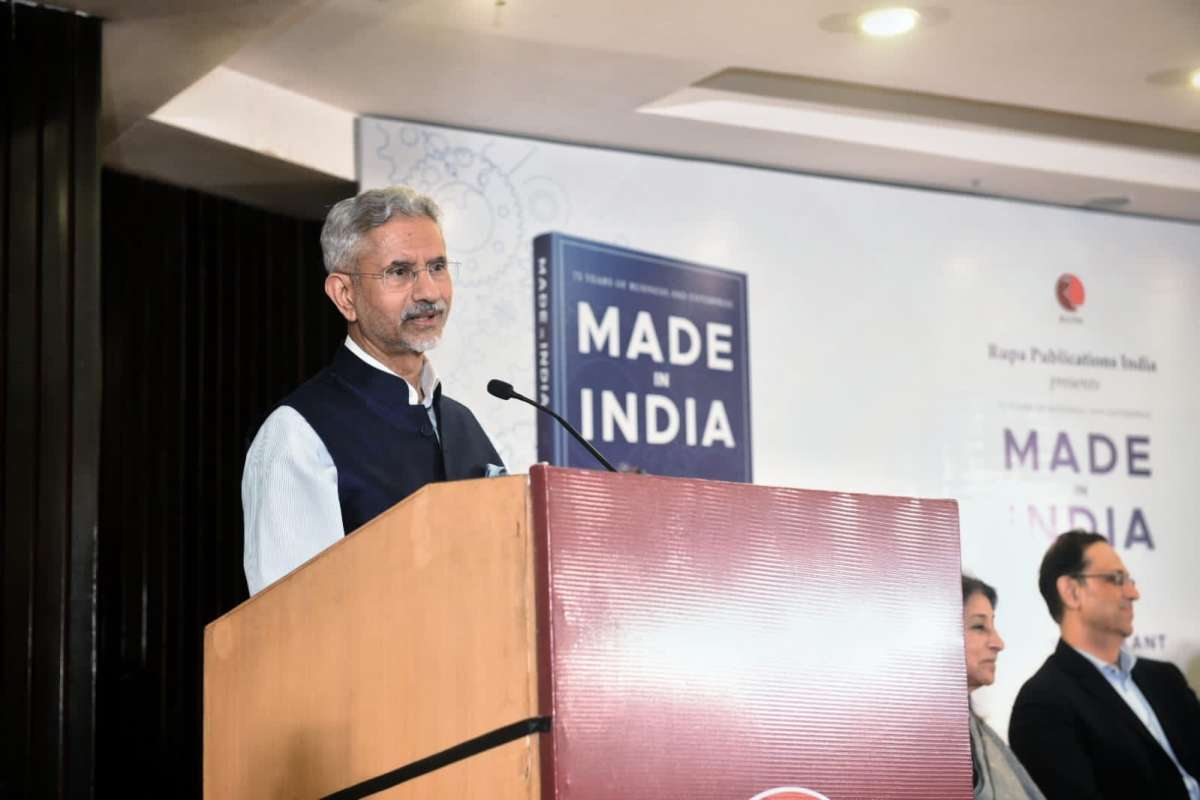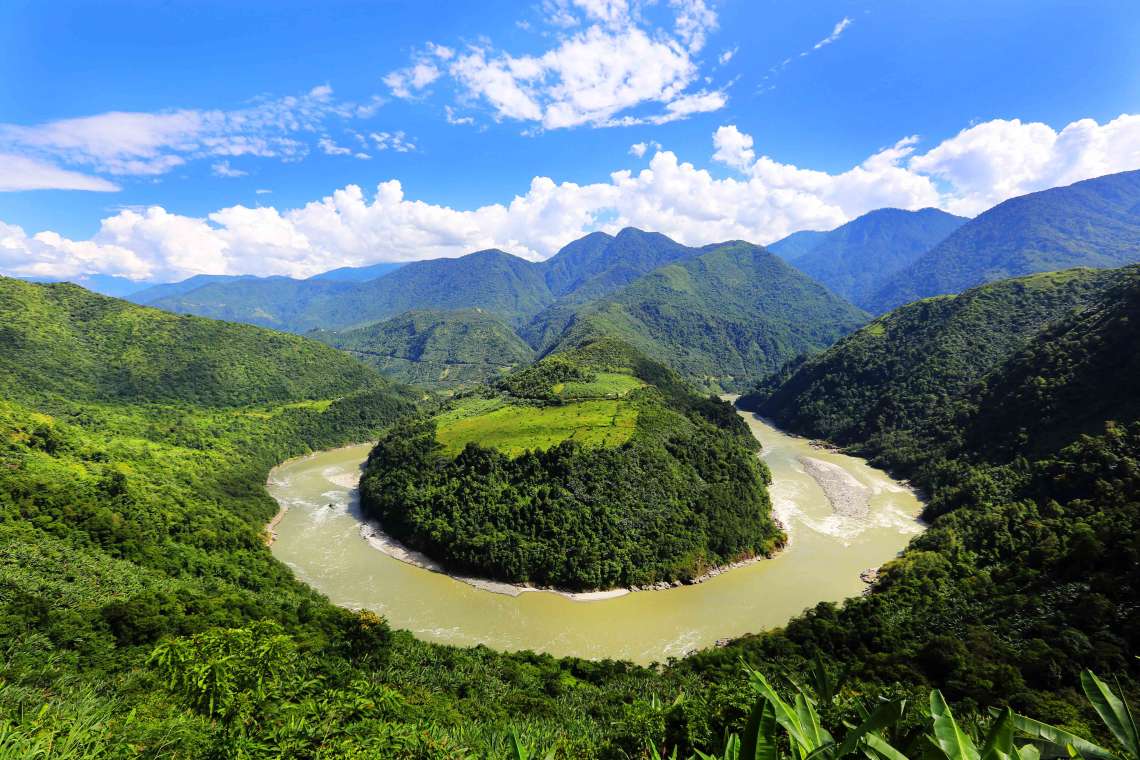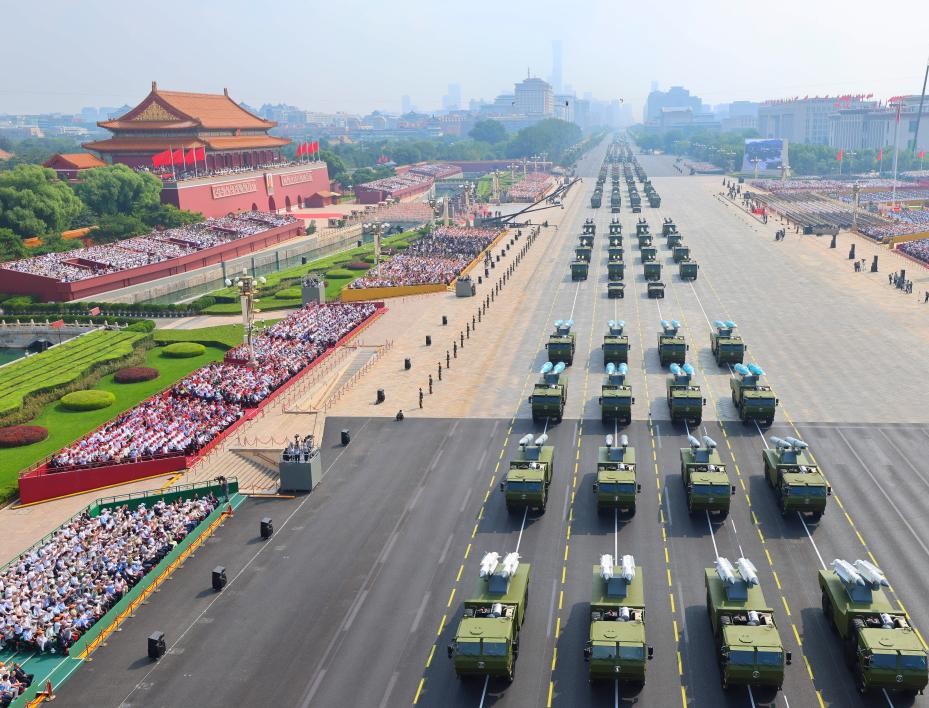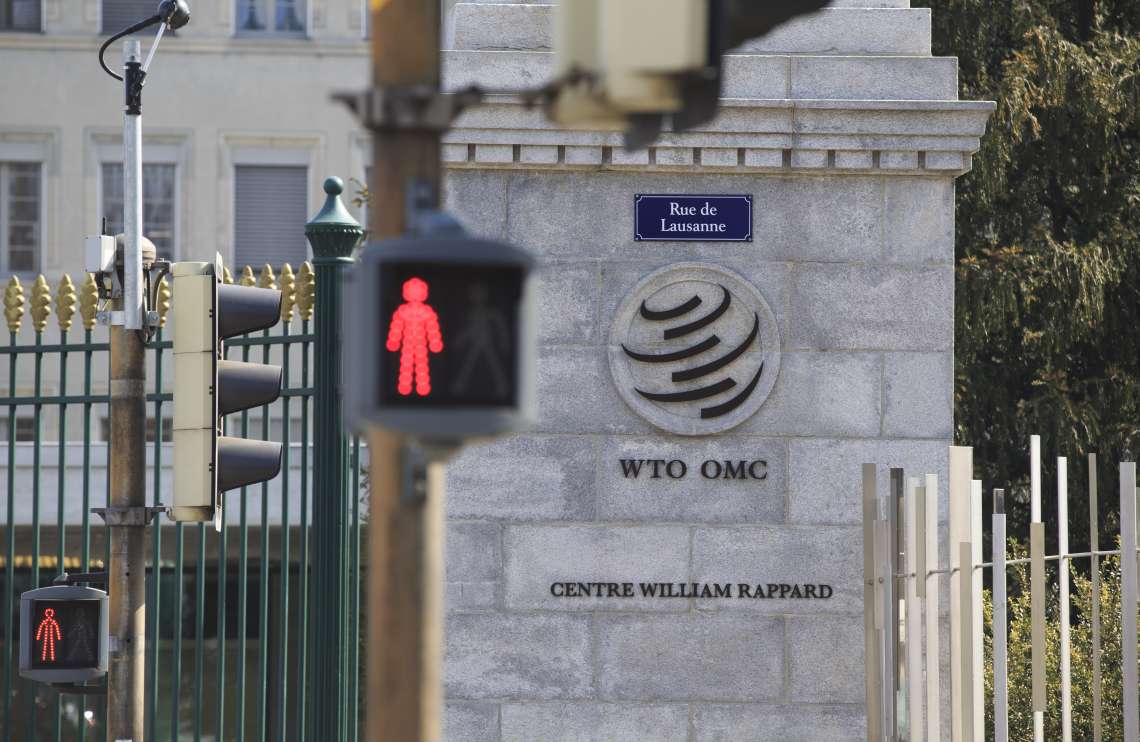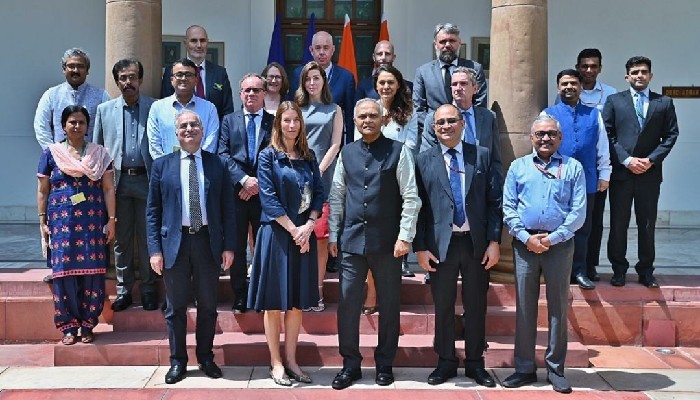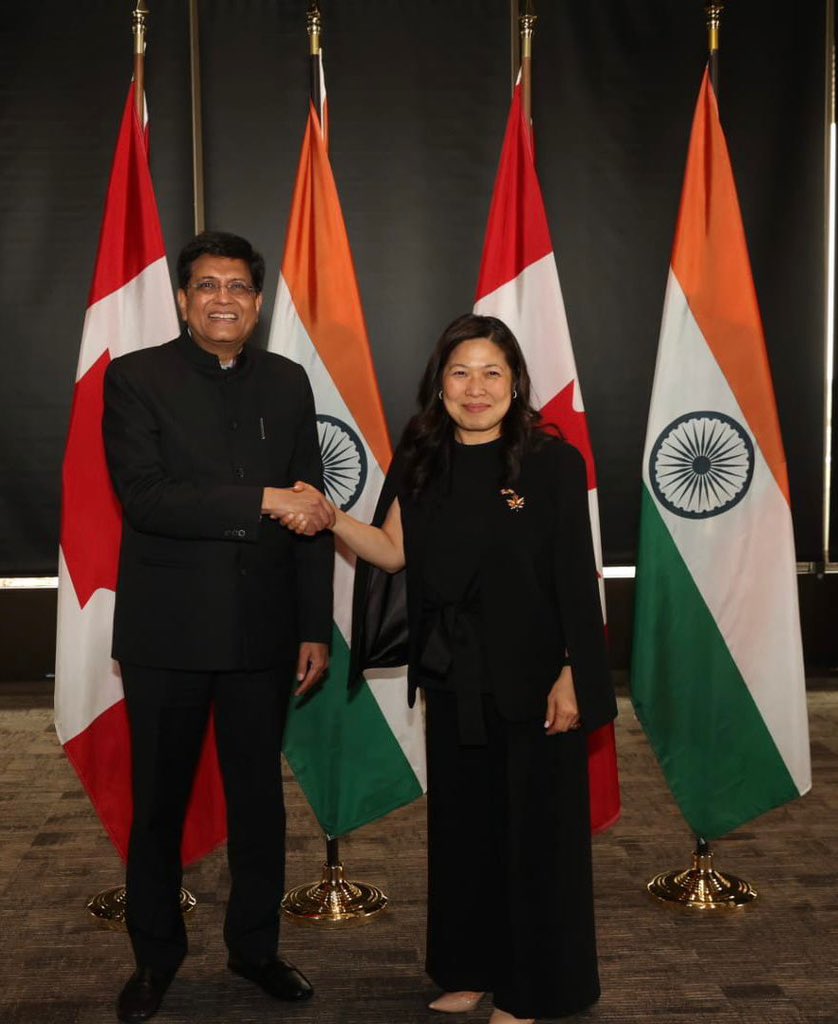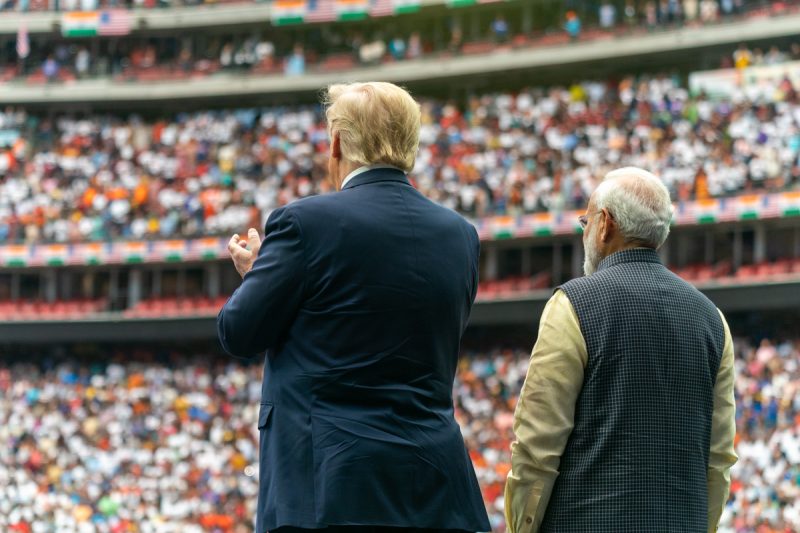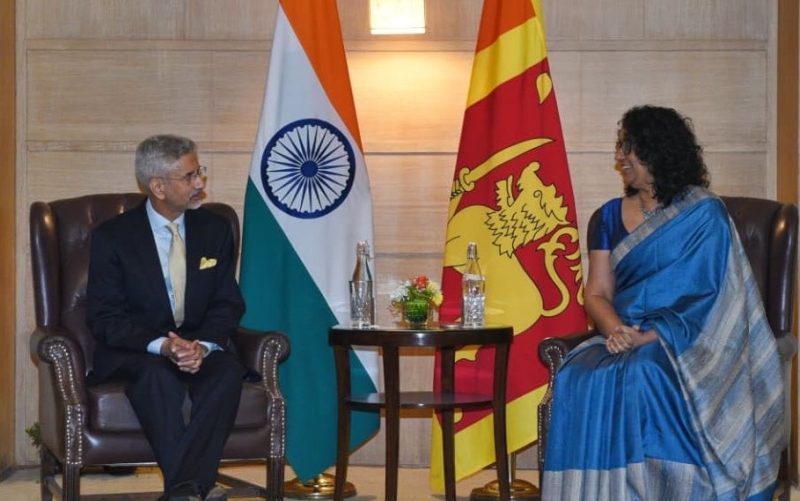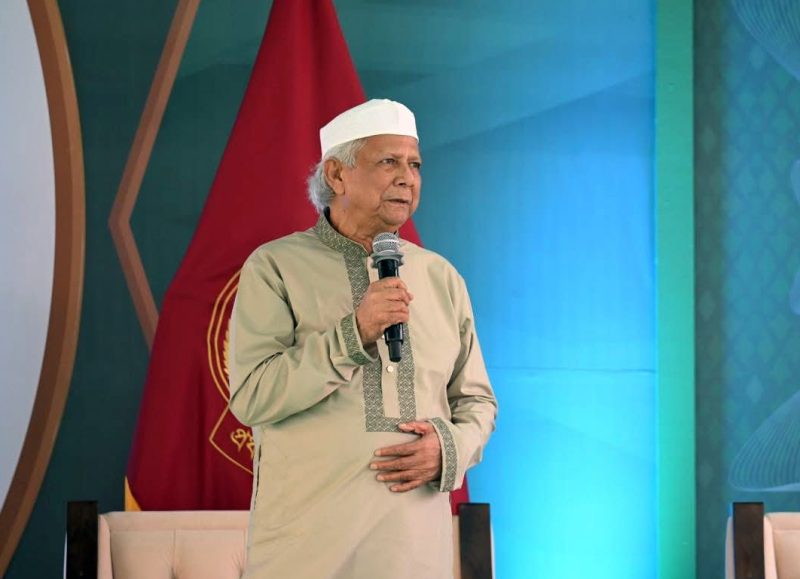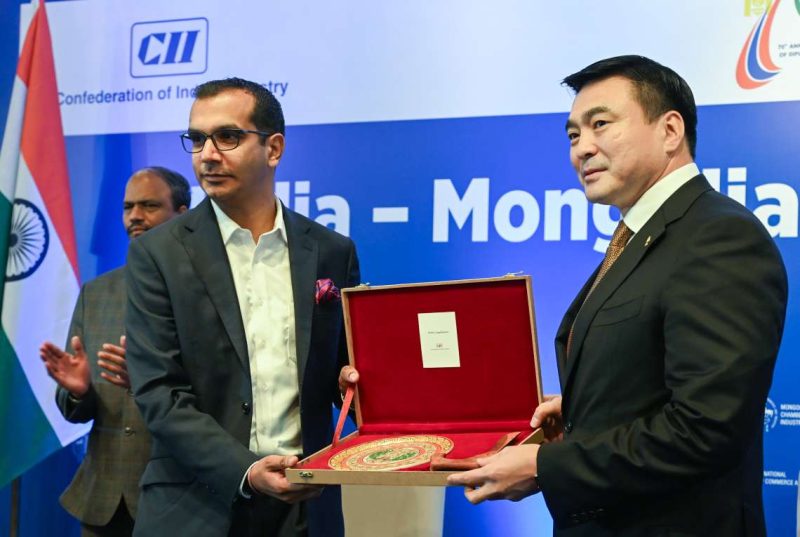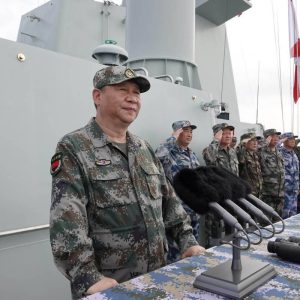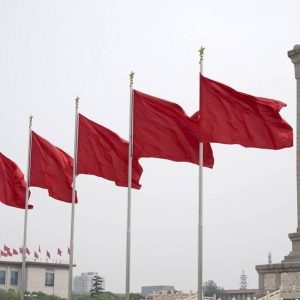He made these remarks at an event to launch the book “Made In India” by the country’s G20 Sherpa, Amitabh Kant…reports Asian Lite News
India’s economy can grow and become stronger only if the focus is shifted to deep manufacturing capabilities and businesses should “stop looking for a China fix”, external affairs minister S Jaishankar said on Wednesday.
India’s economic growth cannot be built on Chinese efficiency and businesses need to stop “looking for a China fix,” Jaishankar said on Wednesday. Addressing the book release event, Jaishankar said, “Make in India is not just about making, it’s also about thinking. It has to be think in India. In a way, we are in a very unique circumstance and I accept that there are experiences and analogies that we can take best practices. But at the end of the day, we have to think through our growth strategy for ourselves.”
“I think we need to stop looking for a China fix, that Indian growth cannot be built on Chinese efficiency, that ultimately if we are really to sustain and take the economy to a different level, we have to create the kind of domestic vendor change that a serious manufacturing economy will do,” he added.
He made these remarks at an event to launch the book “Made In India” by the country’s G20 Sherpa, Amitabh Kant.
Jaishankar stated that one should not allow a level playing field in this country for others who subsidise efforts, that’s not a level playing field, that is economic suicide. He further stated that every country must support its manufacturers and businesses. We mustn’t let other businesses enjoy advantages in our country at the expense of our own.
“Global polarization makes diplomacy far more complex but it is also a window of opportunities for many nations,” Jaishankar stated.
EAM further added, “If you ask me today what is the change in the politics of the country, I think we are today moving to the politics of delivery. My own experience of the ground is actually that it is the politics of the delivery which is reshaping and rethinking the public of this country.”
Referring to challenges faced by India during the Covid-19 pandemic, Jaishankar said that the foreign government advised them on how to economically handle the pandemic.
“Honestly I would say I am glad we did not listen to much of it. I think how you come up with your own solutions, that is something which is important,” he said.
The external affairs minister said it is important for India to move to a “strategic economy; have a clear sense who are our partners, where are our opportunities, where should we focus on our technology tie-ups.” (ANI)


